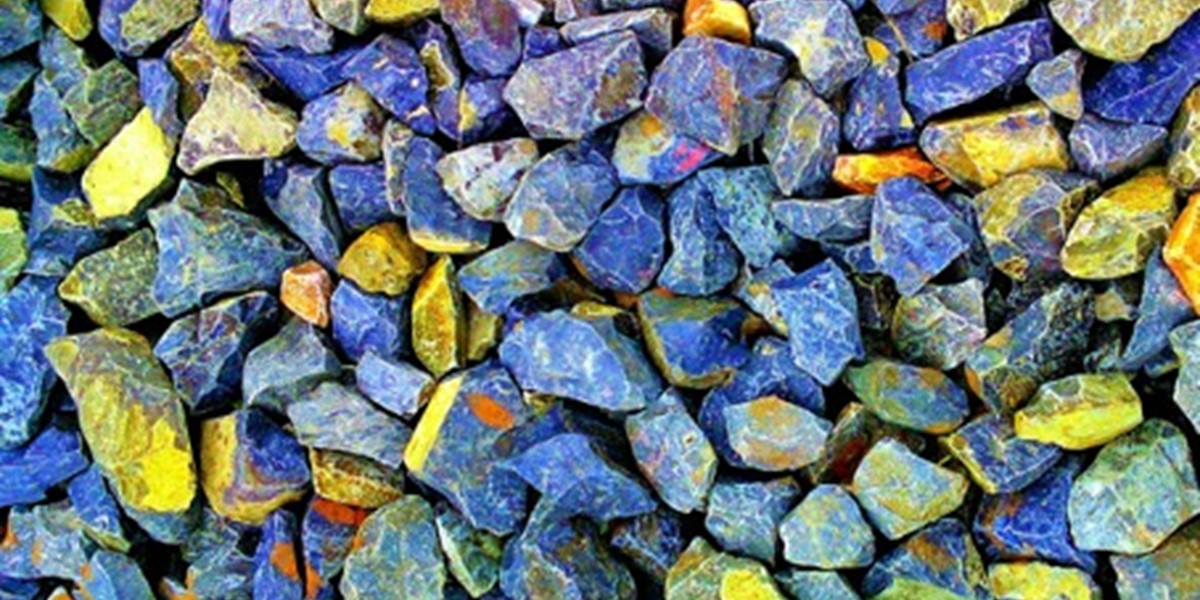Luca Campion graduated with great distinction in June 2019 with a Master's degree in Business Engineering from Hasselt University, specializing in Technology in Business. During his master's studies, he gained valuable consultancy experience through an internship. After graduating, he remained affiliated with Hasselt University, working as a doctoral researcher in the Environmental Economics research group. In both his master's thesis and his doctoral research, Luca focused on integrating techno-economic and life cycle analysis, particularly in the context of biochar, a biobased technology for carbon dioxide removal. In February 2024, Luca joined the strategic team at Econopolis as a Climate Consultant.
From Resources to Resilience: The European Union's Approach to Critical Raw Materials

In the transition towards a sustainable future, clean technologies have emerged as beacons of hope in the global fight against climate change. However, behind the scenes of this technological revolution, hidden heroes known as critical raw materials (CRMs) play a vital role. These materials hold significant economic importance for the European Union (EU) yet face a high risk of supply disruption due to limited sourcing options and few substitutes. CRMs are indispensable to produce renewable energy systems, electric vehicles, electrolyzers, and various other clean technologies. Furthermore, they play a vital role in the progress of digitalization, defense, and space technologies, all of which are oriented towards the future. Yet, CRMs are equally indispensable for our current way of life. For instance, they are integral to the production of steel, electrical systems, and communication technology.
With the surging interest in clean technologies, the demand for CRMs is expected to rise sharply. This growing necessity has raised alarms about the stability of their supply chains, especially in areas largely dependent on imports, like the European Union (EU). In an effort to counter these vulnerabilities, the EU is striving for increased self-sufficiency and aims to mitigate risks in its supply chain by diminishing its reliance on a limited number of countries for CRM imports. The recent passage of the Critical Raw Materials Act (CRMA) by the Council of the EU represents a significant stride towards securing a stable and sustainable CRM supply.
The CRMA has established a catalogue of 34 CRMs deemed essential. For the EU’s annual consumption of raw materials, the CRMA sets forth ambitious targets that are to be met by the year 2030:
- At least 10% to be sourced through local extraction.
- A minimum of 25% to come from recycled materials.
- And 40% to be processed within the EU itself.
Beyond establishing ambitious targets, the CRMA introduces measures to simplify the permitting process. It mandates that member states designate single points of contact for administrative purposes and sets strict deadlines to accelerate the initiation of extraction and recycling projects. Furthermore, the CRMA necessitates the conduct of supply-chain risk assessments, aiming to gain a clearer understanding of dependencies and vulnerabilities.
The CRMA represents a crucial first step in mitigating supply risks for extraction and recycling projects. By fostering policy dialogue and facilitating collaboration among stakeholders, it paves the way for coordinated actions to ensure a stable CRM supply. Moreover, the CRMA promotes investment in the mining sector, driving innovation in extraction and processing technologies to enhance efficiency and minimize environmental impact.
Econopolis Strategy is in the process of developing a position paper on Critical Raw Materials (CRMs), aiming to illuminate some of the more overlooked facets on this topic. Keep an eye out for more in-depth analysis and insights coming soon! If you can’t wait, feel free to contact me on this topic via email: luca.campion@econopolis.be